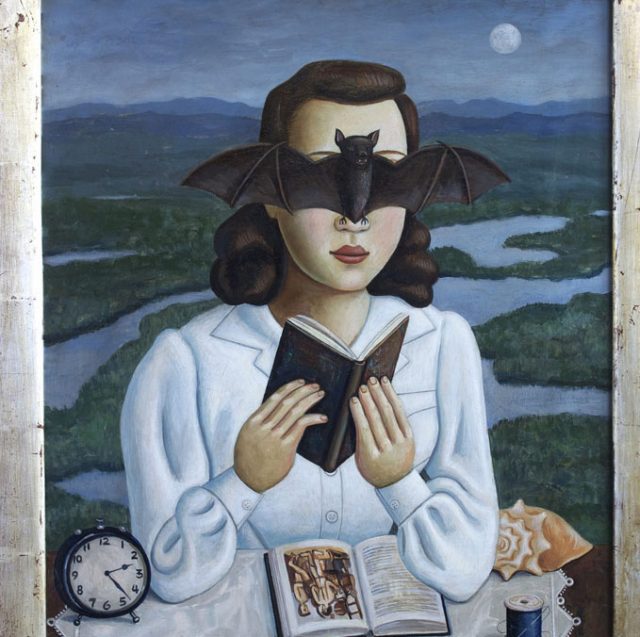The alleged ‘unmasking’ of literary phenomenon Elena Ferrante has unleashed howls of protest. Call me cynical, but Ferrante’s secret persona has always appeared to be a selling point. Revealing her true identity, after more than twenty years, could simply be part of a brilliant marketing strategy.
Still, it makes me wonder why an author would want to be anonymous.
I went looking and found four whose cover was blown during their lifetime, and one who managed to take her secret to the grave only to have it revealed in a brother’s fond tribute.
1. George Eliot
Mary Ann Evans chose to write her novels under the name of George Eliot for two reasons: first, she wanted her writing to be taken seriously and second, she wanted her fiction to be judged separately from her work as a critic and an editor.
There is also a likely third reason: she didn’t want to draw attention to her scandalous relationship to George Henry Lewes. He was married. Despite the scandal, they lived happily together for more than twenty-years.
There was a great deal of speculation about her identity when her novel Adam Bede became a huge success. A chap named Joseph Liggins stepped forward and claimed the credit. This forced Eliot’s hand and she outed herself.
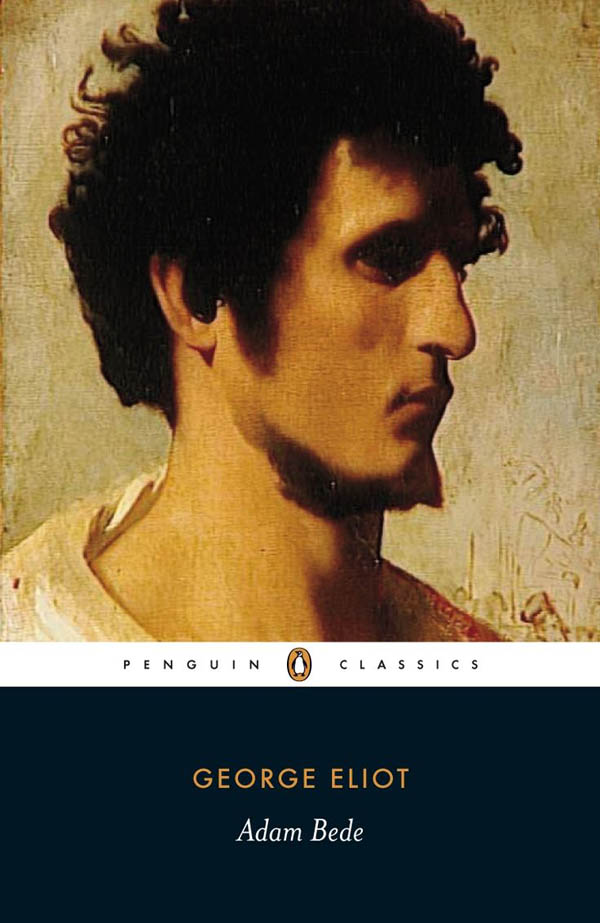
Source: Amazon
2. Henry Handel Richardson
Ethel Florence Lindesay Richardson is one Australia’s most important writers. Like Eliot, she adopted her male pen-name, Henry Handel Richardson, to ensure her work would be taken seriously.
Richardson, a suffragette, wrote in the first decades of the 20th century. Feminism informed her writing; her debut novel, Maurice Guest, was a study of erotic obsession.
The ‘gentlemen’ of the press were determined to uncover her identity. An anonymous tip-off to one of Sydney’s biggest-selling newspapers, The Daily Telegraph, gave the game away. According to her niece, Angela Neustatter, this caused her serious distress. She was hounded for interviews and photos when all she wanted to do was write.
3. Robert Galbraith
Robert Galbraith is the pen-name J.K. Rowling used for her crime novel, The Cuckoo’s Calling. According to The Guardian, the revelation meant that the novel, “changed status from a first edition at risk of remaindering to a No 1 and rapidly reprinting bestseller.”
Rowling was quoted as saying, “I had hoped to keep this secret a little longer, because being Robert Galbraith has been such a liberating experience. It has been wonderful to publish without hype or expectation, and pure pleasure to get feedback under a different name.”
An indiscreet tweet was blamed for the unmasking.
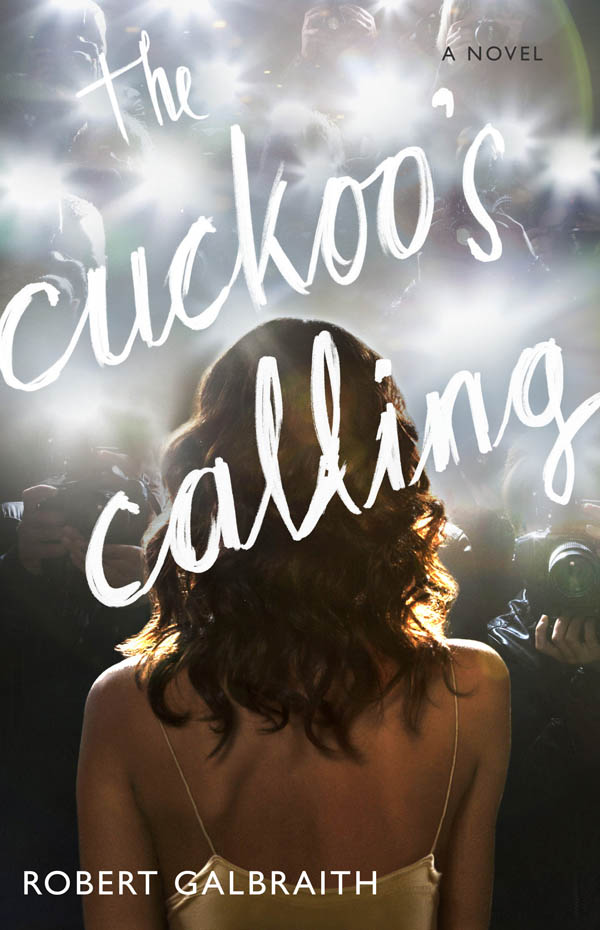
Source: Amazon
4. Richard Bachman
Stephen King is supposed to have taken the pen-name Richard Bachman because his publishers didn’t want him to write more than one book a year.
King writes in the introduction of The Bachman Books, “I think I did it to turn down the heat a little bit; to do something as someone other than Stephen King…sometimes it was fun to be Bachman, a curmudgeonly recluse á la J.D. Salinger.”
Steve Brown, a keen-eyed bookstore clerk, noted similarities in the prose and did a little digging. Instead of going to the press he went to King’s publishers. King himself suggested that Brown write an article and even gave him an interview.
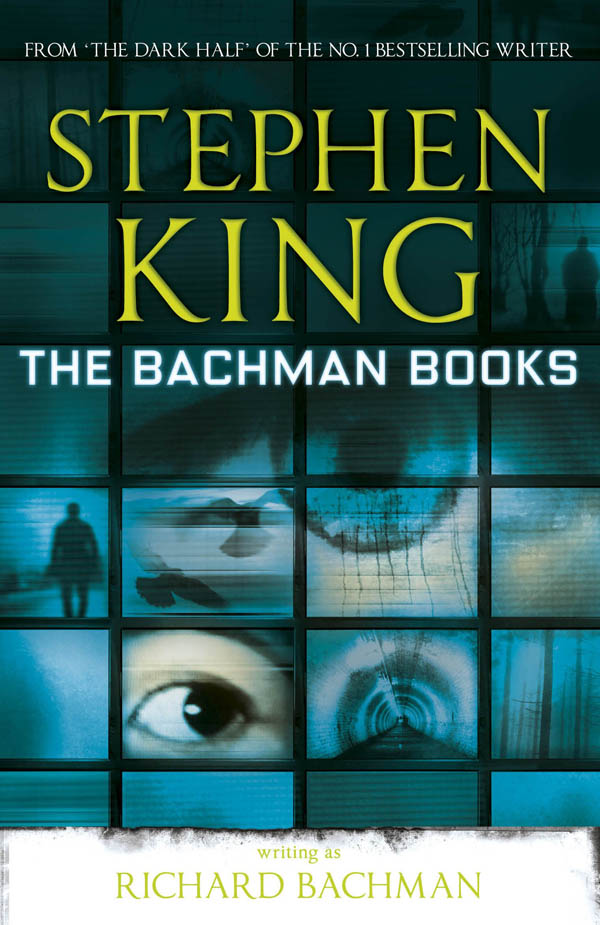
Source: Amazon
5. Jane Austen
Yes, folks, during her lifetime she remained anonymous. Sense and Sensibility, her first published novel, was By a Lady; Pride and Prejudice, was By the Author of Sense and Sensibility.
She was so keen to avoid detection that it’s been said that she’d keep a piece of needlework handy to cover her writing in case she was disturbed.
Her proud brother Henry let the cat out of the bag when he wrote a eulogy which identified her as the author of her celebrated novels.
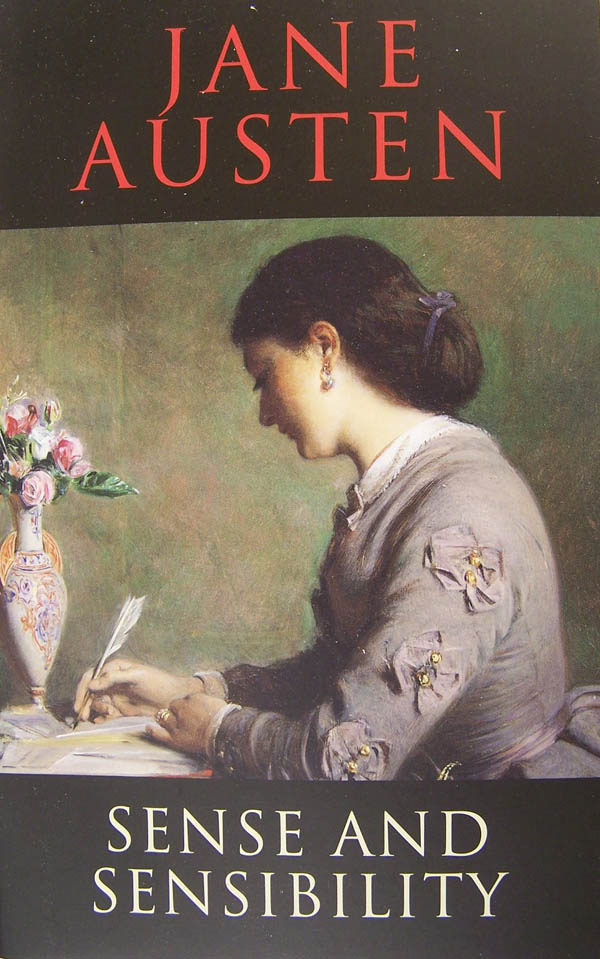
Source: Amazon
Would you ever use a pen name when writing?
YouTube Channel: Open Road Media
Featured image via Wikimedia Commons

